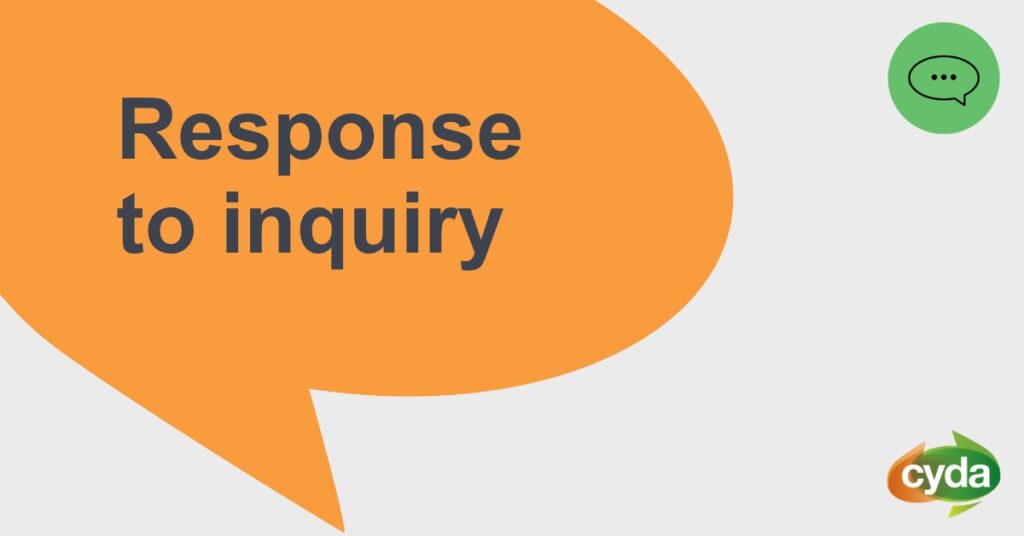Committee Secretary
Education and Employment References Committee
Inquiry into The national trend of school refusal and related matters
PO Box 6100
Parliament House
Canberra ACT 2600
13 December 2022
Please accept this letter and response to the terms of reference (refer Appendix A) as Children and Young People with Disability Australia’s (CYDA) submission to the Education and Employment References Committee’s Inquiry into The national trend of school refusal and related matters (Inquiry).
Students with disability face multiple barriers and difficulties in accessing education, support for reasonable adjustments and the same curriculum as their non-disabled peers, placing enormous pressure on them. Significantly, the lives of children and young people with disability have been thrown into turmoil throughout the global COVID-19 pandemic period, further exacerbating and increasing the experience of school refusal.
The experience of school refusal is a significant challenge for students, families and schools but there are many areas of the experience that need more research, resources and evidence-based data to support all parties.
CYDA welcomes this Inquiry as an opportunity to examine:
- how students with disability are supported to ensure attendance and engagement at and with school across the curriculum and social and extra-curricular activities
- how school refusal exacerbates and/or is driven by existing system inequity
- how families and schools respond to the experience of school refusal and the impact of ableism and societal beliefs
- how can existing and future school-based measures of wellbeing and inclusion help address experiences of school refusal
Without targeted and adequate research, data, policy responses, action and intervention, children and young people will continue to feel the social and economic impacts for a lifetime.
Please refer to the attached Appendix A for more detailed responses to select terms of reference and Appendix B for further information on CYDA’s relevant policy work. If you would like to know more about our submission or CYDA’s work, please feel free to contact CYDA’s Policy and Research Manager, Dr Liz Hudson on (03) 9417 1025 or [email protected].
Kind regards,
Skye Kakoschke-Moore
Chief Executive Officer


